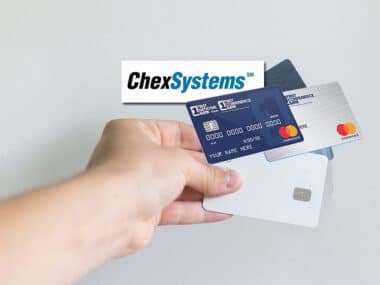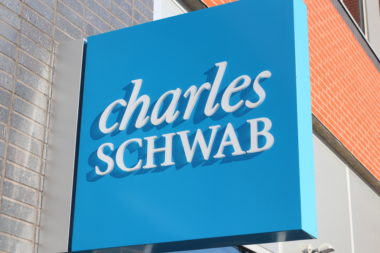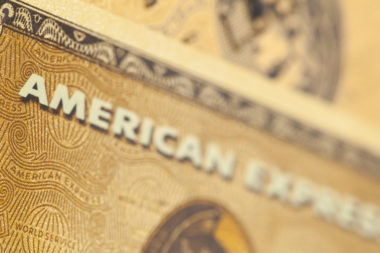A bank draft is a check that provides an amount that’s guaranteed to the payee. While the total amount of the draft is the responsibility of the payee to provide, the bank guarantees that the funds are in the payee’s account. The draft is provided directly from the issuing bank.
A bank draft is a simple way for a bank account owner to pay bills or satisfy invoices directly. However, it’s important that the payer knows their bank account balance and ensures they’re paying the right person. Learning more about how bank drafts work will make you feel more comfortable using this banking feature.
Table of Contents
How a Bank Draft Works
A bank will not approve a bank draft unless the payer has the right amount of funds available in their account. Since funds move quickly in and out of a bank account from debit transactions and automatic withdrawals, it’s the payer’s responsibility to ensure they don’t overdraft money when requesting a bank draft.
A bank draft is often compared to a cashier’s check because the two payment methods have similar characteristics. A cashier’s check is also a secured check and the funds are guaranteed by the bank. Both bank drafts and cashier’s checks are used to pay large amounts or issued when the payee asks for a secure payment.
When the bank issues a bank draft from your account, the funds are instantly claimed. Therefore, once the process has begun and a bank draft is issued, it’s hard to stop or cancel the transaction. However, if the bank draft is lost or stolen and the required documentation is presented to the bank, the payment may be cancelled.
Automatic Payments
Bank drafts are also commonly referred to as automatic electronic payments. Since the money is taken directly from the payer’s account by the bank and issued to the payee, this type of transaction is used to complete an automatic bill payment.
Payers who set up bank drafts to automatically pay their bills, such as utility or cell phone bills, ensure the funds are guaranteed to the payee and will be delivered on a specific date. Automatic payments also provide a record that the payer has satisfied their balances with these creditors.
Example of a Bank Draft
If you’re attempting to make a large purchase or complete a transaction with a seller you don’t know, they may require payment in the form of a bank draft. For example, say you found a used vehicle for sale online. You meet with the seller and want to buy the car.
The seller may ask you to provide a bank draft for the sales price. This guarantees the seller that the funds are available. If you were to simply provide a regular personal check for the sales amount, it could bounce after you’ve already taken ownership of the vehicle.
Penalties
Before you order a bank draft, it’s important to verify your bank account balance. The bank guarantees the funds before issuing the bank draft, but bank account balances are fluid and can change at any time based on the transactions you recently engaged in.
If you order a bank draft and it’s processed but you don’t have sufficient funds in your account, the bank will charge you penalty fees. In most cases, the penalty fees you owe are based on the amount you overdrew, so if your bank draft was for a large amount, your penalty fees may be significant.
Bank Draft vs. Check
You can issue a standard check from your bank account and sign it yourself. When you provide this personal check to a payee, the funds aren’t guaranteed. Once the payee deposits the check, it can take a few days for the funds to be available in their account.
However, a bank draft is similar to a certified check because it’s guaranteed that the funds are available in your account. Unlike a certified check, however, a bank draft is issued directly from the bank. Once the payee deposits the bank draft, the funds are usually available in their account within one business day.
Bank Draft vs. Money Order
A bank draft is compared to a cashier’s check or a money order because they are all forms of secured payment. Both bank drafts and money orders are secured payments that require funds to be provided up front. However, a bank draft takes payment directly from the payer’s account while a money order may be purchased with cash.
Only banks can provide bank drafts but you can obtain a money order from a financial institution or financial service company that provides them, such as Western Union or the post office. Bank draft amounts may be much higher than money orders and the fees associated with them are also usually higher.
Are Bank Draft Payments Safe?
As a payer, a bank draft is a safe method of payment. Your bank issues the payment and guarantees the funds are in your account. However, it’s important to ensure the funds are available when you order the payment.
As a payee, you shouldn’t assume that a bank draft is legitimate. While it’s easier for a scammer to use a personal check that bounces as part of a scam, they may also use a fake bank draft. To determine whether a bank draft is fraudulent or involved in a scam, you should:
- Review the issuing bank’s information for validity and completeness.
- Call the issuing bank to ensure it’s legitimate.
- Review the information on the check, which should be typed and never handwritten.
Even if you can verify the legitimacy of the bank draft with the issuing bank, if you’re still unsure about the draft’s legitimacy, also reach out to your own bank. Visit your bank with the draft and review it with a teller to ensure it’s not fraudulent. Don’t spend any of the funds after you’ve deposited them into your account unless you’re sure the draft is legitimate.
A bank draft is another secure method of payment that’s guaranteed by the issuing bank. However, just like other secured forms of payments, it’s important to be able to spot fraudulent documents to avoid becoming the victim of a scam.
Image Source: https://depositphotos.com/





